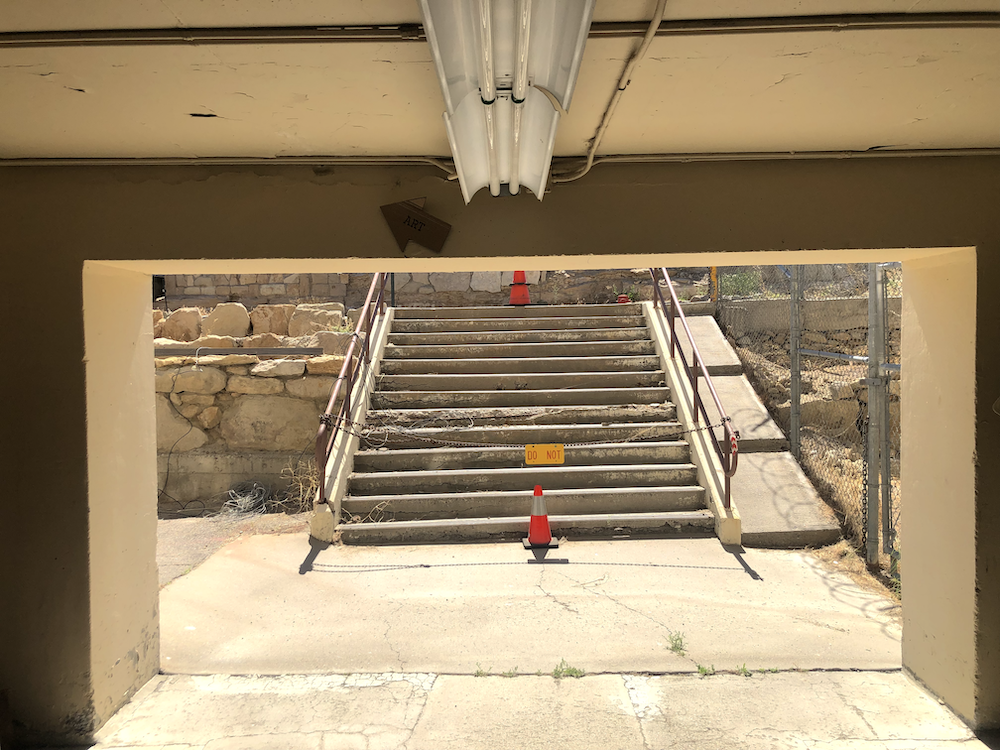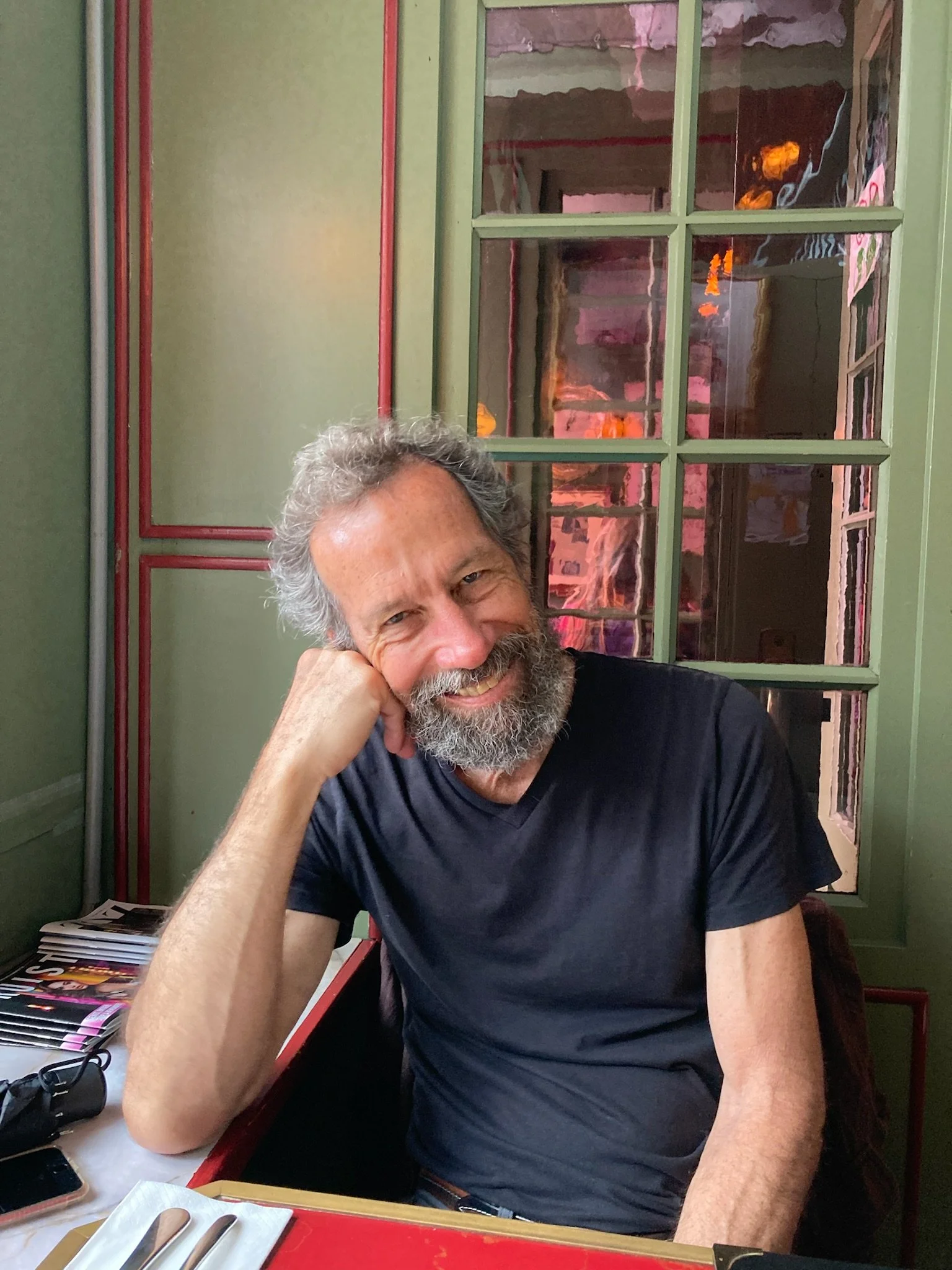Because They Are People
Nevada State Prison. Photo by George Tsz-Kwan Lam.
By Shaun T. Griffin
October 2024. This preamble is for the scores of men who have been in the Razor Wire Poetry Workshop which, for over three decades, saved lives, kept them out of prison, gave voice to many poets, and led to countless friendships that kept me returning to teach poetry. It is also for anyone outside prison looking in, wondering what happens when the steel door closes and the souls migrate to a kind of purgatory. Nothing is so fragile as a poem and yet, paradoxically, nothing is so strong. In these thirty years it has broken bars, set men free, and taught non-readers how to move in the forest of language. More than all of this, it has given purchase to an idea: that with labor born of love something greater than violence and hatred can arise from the depths of the yard — the birth of a poem, an interest in reading, a desire to shape one’s story in words, and a reckoning with the self that had little hope of being reckoned with. Because poetry is often seen as being harmless, it moves about the prison freely, almost at will but of course, its power is such that those who discover it can choose to say things that heretofore could not be said: “I am, I have value, I believe, I have worth.” Prison is, by definition, a place that nullifies. Poetry, in the words of Vassar Miller, is “a confrontation with the deepest self,” and “a way of ordering life, but it’s also often a sign of a nature extraordinarily sensitive to pain — as well, of course, as to joy.” (Heart’s Invention, 1988)
When I started teaching in 1989, I had no idea something called a workshop would come from a humble upper-division English class. I had taken over the class for a colleague at the college but after a few semesters the grades, the good-time credit, the falsehoods of being interested in English for the wrong reasons led to me to stop. I finally asked the men who wanted to stay — for no credit, no time off their sentence, no recognition save learning to read and write poetry — to join me in this experiment. A handful stayed and from that meager group grew the workshop. Over time we published sixteen biennial journals of Razor Wire, and the men published books of poetry, memoir, and many poems in literary journals outside. Many essays, articles, and interviews have been written or recorded about the workshop and it has continued without stop because it is lifesaving. Most of the men would not say these words because you don’t say things like that on the yard. But they come, every other week, hoping that the words on the page name something — an idea larger than themselves — a poem of transcendence. That’s a tall order for any poet but without their presence in the room, no one grows. I insist they give each other constructive feedback and I stop the discussion if it goes south. I’ve been tested, threatened, and mollified, had men stand up for me and ministers hold space for me in the chapel. Sadly, I’ve watched men die who didn’t need to die and I’ve learned corrections is a euphemism for pain. But there are many, many people trying to change this equation. And that is why this was written: to offer a different kind of resolution to time served that doesn’t cost money, doesn’t require a degree, doesn’t need approval. All that is needed is desire and a willingness to go on a journey with people who have been given a sentence to lie idle, to wait for the state to decide what will be done. Into the great interim that is their life comes the poem and its messenger. This is how you change the construct of self. This is how you look hard at what was left and what is front of you. This is how you begin to articulate what can become of a mind, no matter how confined. This is how you read to live, how you move entire globes with a stanza, how you weep over a line from Dickinson. This is how, in short, you save your life.
Photo courtesy of Shaun Griffin.
Shaun T. Griffin is the Poet Laureate of Nevada and in that capacity, he is working with the Nevada Department of Corrections to start a creative writing workshop in all of the state’s prisons. Visit www.nvprisoneducationproject.org for more information. Griffin is also serves as the chair of the Nevada Humanities Board of Trustees.


